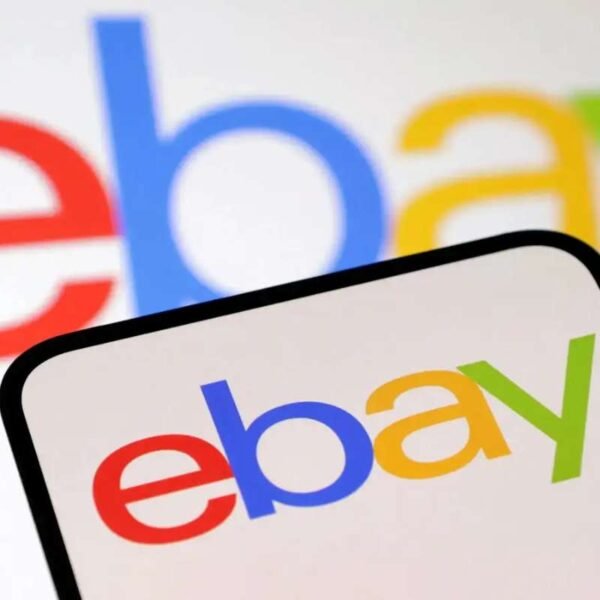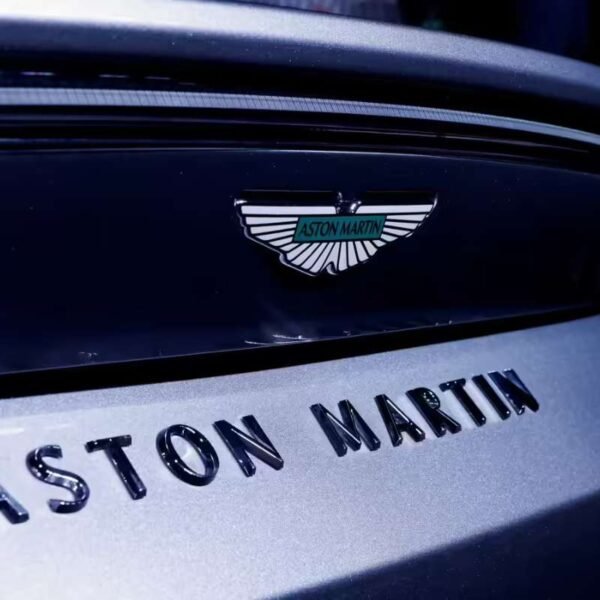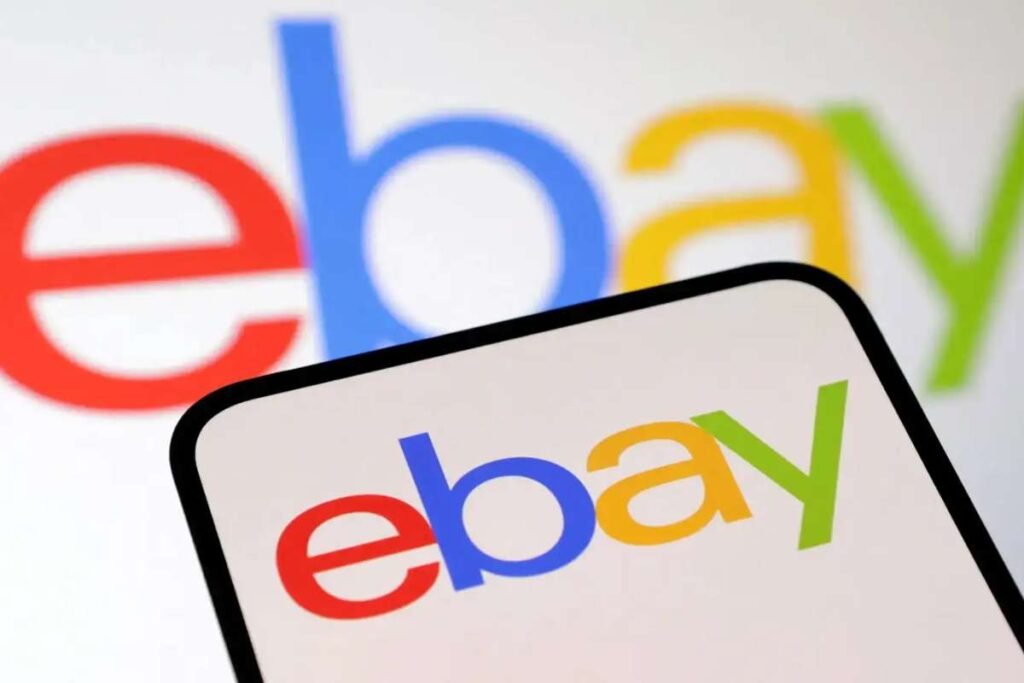Recently unsealed testimony from DuckDuckGo CEO, Gabriel Weinberg, has unveiled that Apple once explored the possibility of replacing Google with DuckDuckGo as the default search engine for private browsing on its products. The revelation came during Weinberg’s testimony in the Department of Justice’s antitrust case against Google.
DuckDuckGo and Apple Negotiations
The negotiations between DuckDuckGo and Apple spanned from 2016 to 2019, involving approximately 20 meetings and phone calls. According to Weinberg, Apple’s existing contract with Google, making it the default search engine on its Safari browser, was a significant factor throughout the discussions. The government aims to demonstrate that Google’s exclusive contracts with phone and browser manufacturers unfairly restricted competition in the general search market.
DuckDuckGo, known for its privacy-focused search engine, aimed to become the default search engine for private browsing on Apple devices. The company claims that its search engine significantly reduces tracking, even in private browsing mode, a feature that aligns with Apple users’ privacy expectations.
The negotiations progressed, with company presenting data to Apple executives in 2017, highlighting the potential benefits of making DuckDuckGo the default option for private browsing. The proposal included integrating DuckDuckGo’s content into Apple services such as News, Maps, Music, and TV.
Apple considered switching over to DuckDuckGo
The Partnership
Despite the positive feedback from Apple, the partnership did not materialize. The testimony reveals that Apple expressed serious consideration, even presenting documentation showing the revenue-sharing details in late 2018. However, by the summer of 2019, Company realized the partnership was unlikely, and Apple did not announce the integration during its Worldwide Developers Conference in June.
While Weinberg left the impression that Apple was genuinely interested, Apple’s senior vice president of machine learning and artificial intelligence, John Giannandrea, testified that he was unaware of any considerations for a search default switch. Giannandrea expressed concerns about company’s privacy marketing and the potential sharing of user information with Microsoft due to its arrangement with Bing.
Challenges with Other Companies
DuckDuckGo had also approached other tech giants, including Samsung, Mozilla, and Opera, with similar proposals to become the default in private browsing modes. However, these negotiations faced challenges, and DuckDuckGo eventually abandoned the pursuit, citing each company’s existing Google contract as a significant impediment to reaching a deal.
The antitrust case against Google continues, with a hearing scheduled for November 9. The revelations in the testimony underscore the complexities and competition dynamics within the tech industry, particularly regarding search engine preferences on popular platforms.










